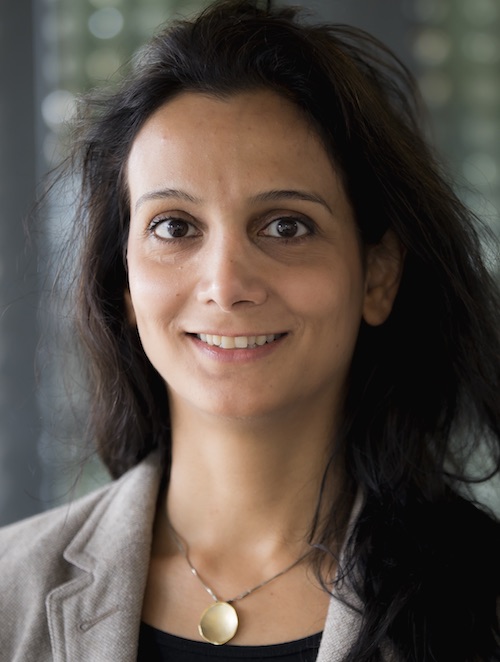Faculty Candidate Seminar
Investigating Network Interference at Global Scale
Add to Google Calendar

Interference with users' online activities is on the rise, through behaviors that range from censorship and surveillance to content injection, traffic throttling, and violations of net neutrality . Reliably investigating interference requires new frameworks for measuring and interpreting network behavior. Understanding these complex phenomena requires longitudinal studies, observation from multiple vantage points, the ability to reverse engineer network traffic, and even application-specific techniques. In this talk, I will describe my efforts to design and build scalable, statistically robust measurement systems that use novel side channels to remotely infer network- and application-layer content filtering at global (Internet-wide) scale. My lab has deployed these systems in Censored Planet, a service that continuously monitors global Internet censorship and publishes semiweekly datasets about the availability of thousands of sensitive websites across more than 180 countries.
Like government censorship, geographic choices by operators of individual websites can affect the availability of content and services by entire national populations. I will explain this with results from the first wide-scale measurement study of server-side geographic restrictions, or geoblocking. We find that geoblocking is becoming more prevalent and that, by making it easy for websites to block entire countries, CDN providers likely contribute to overly-aggressive blocking. I will conclude by explaining how the study of network interference can help keep government accountable, help providers make choices that are friendlier to Internet users, and aid the development of better technical approaches for keeping users safe.
Roya Ensafi is a Research Assistant Professor in Computer Science and Engineering at the University of Michigan, where her research focuses on computer networking, security, and privacy. She designs scalable techniques and systems to protect users' Internet connections from disruption and surveillance. Roya is best known for her work in the area of Internet censorship, where she pioneered the use of side-channels to remotely measure adversarial manipulation of Internet traffic, including attempts to censor or tamper with users' online activities. Her work on studying how the Great Firewall of China discovers hidden circumvention servers received an IRTF Applied Networking Research Prize (ANRP) in 2016. She has received the NSF CISE Research Initiation Initiative award and Google Faculty Research Award. Prior to joining Michigan, she was a postdoc at Princeton University's Center for Information Technology Policy (CITP).
 MENU
MENU 
